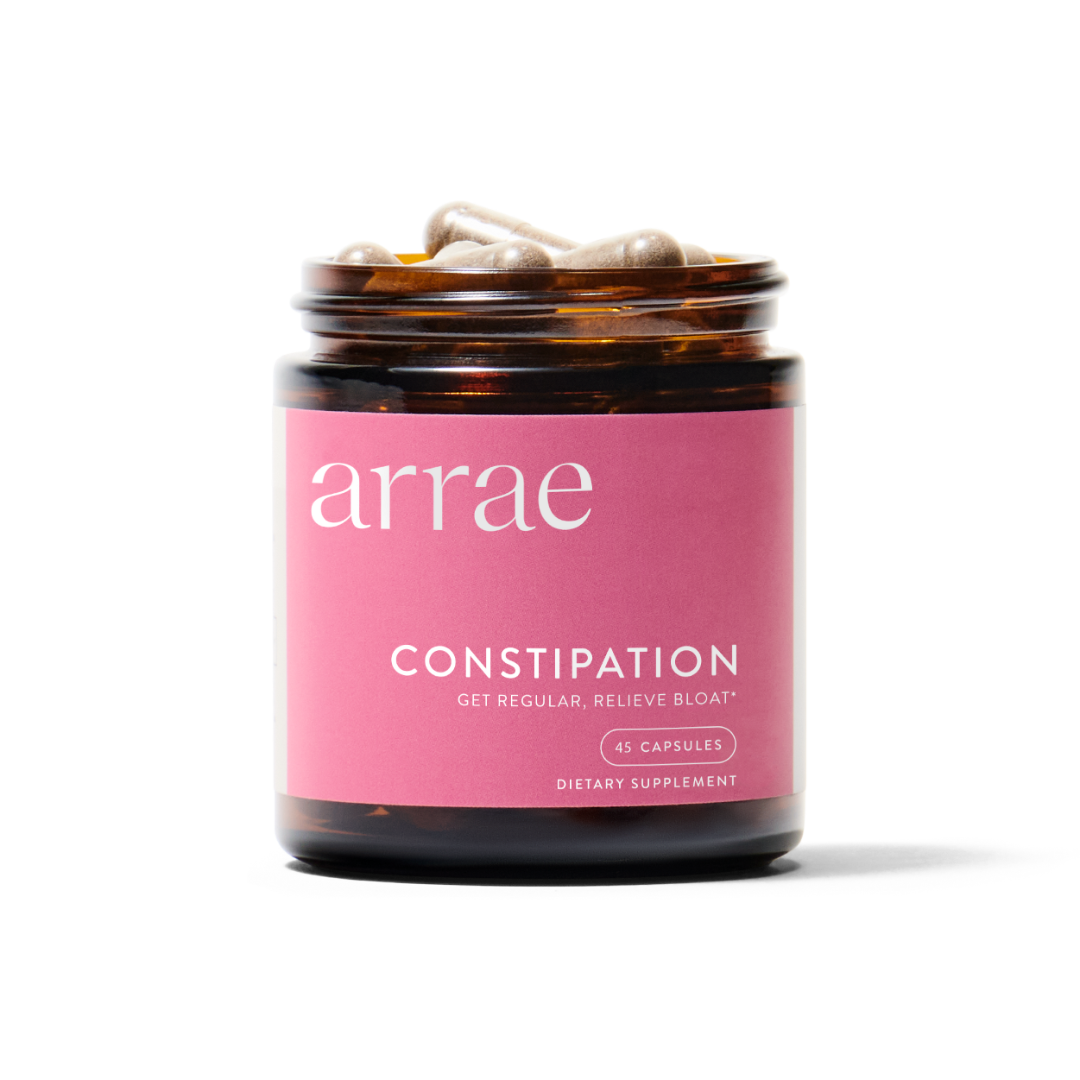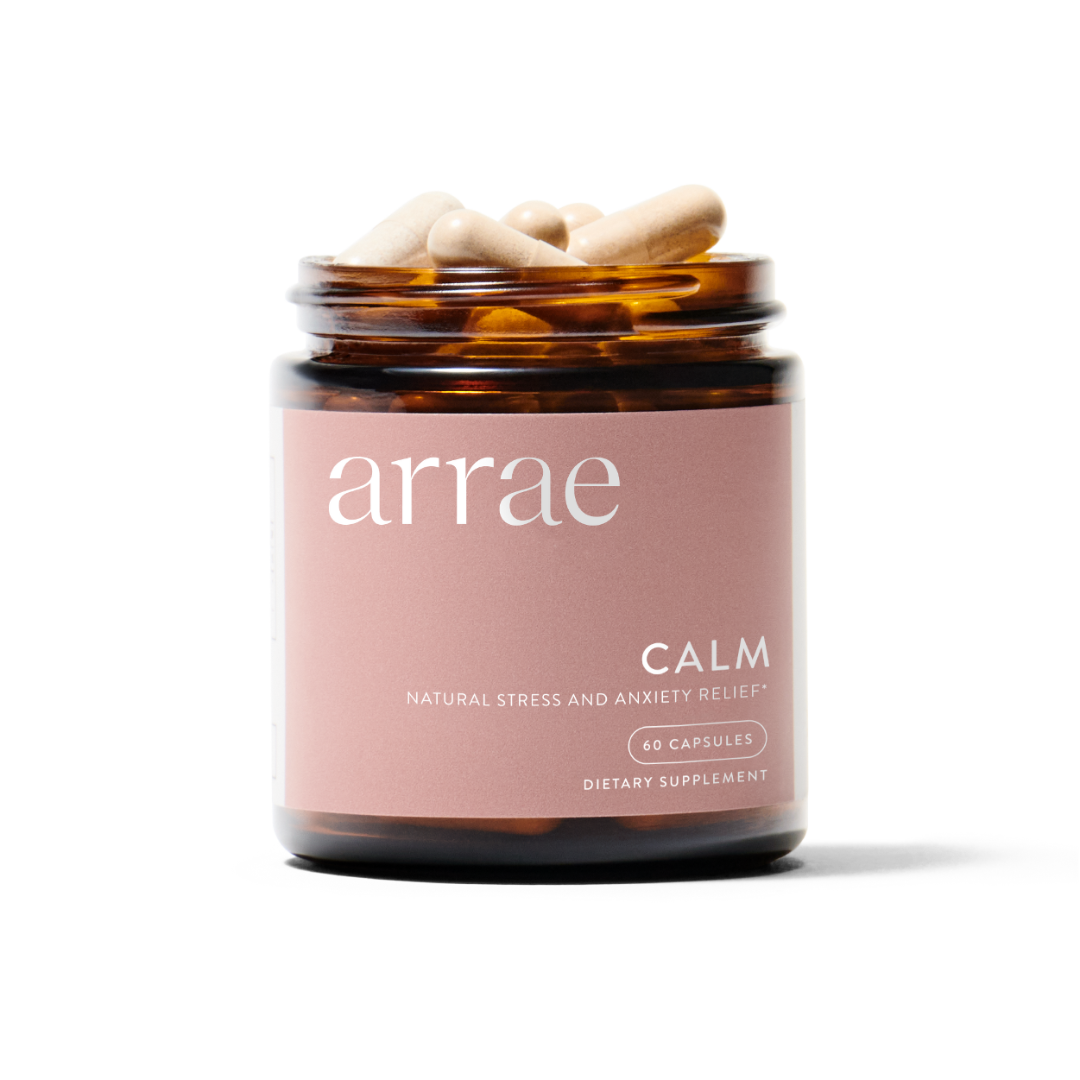Stress and anxiety can sometimes be positive; They can both give us excitement, motivation, and prepare us to focus on what’s ahead. However, stress can quickly become negative, triggering mental, physical, and emotional reactions within our bodies. Stress is a universal experience, meaning we’ve all probably experienced it at one point or another. Whether it’s finals week at school, or a big deadline is coming up at work, a certain amount of stress is a natural reaction. Our bodies want to protect us, so when stress begins to peak, we internally shut down. According to the American Institute of Stress, 33% of people report feeling extreme stress, while 77% and 73% of people experience stress that impacts their physical health and mental health, respectively. The most common causes of stress include work, money, family responsibilities, and personal health issues. Stress affects the entire body and is linked to other health issues, including heart disease, high blood pressure, depression, and anxiety. In fact, long-term stress is considered a strong contributing factor in many of the leading causes of death in the United States.
Stress can quickly turn from mental to manifesting itself in a physical form, and various symptoms of stress often occur at one time. Common mental signs include irritability and anger, feeling low energy, lack of motivation, and anxiety. When stress presents itself in a physical form, these symptoms include headaches, indigestion, and muscle tension, to name a few. Do these sound familiar? If so, keep reading to learn holistically-based coping techniques to take your stress from a level 10 to a level 0, even while laying in bed. While stress management techniques and coping skills won’t necessarily make the stressor disappear, they can help you sort through your stress to make it less overwhelming for your brain and your body. Stress relief works on targeting and reducing the stressor while changing your internal and external stress reactions.
The first step in decreasing stress is finding the source of it. Do you have a big paper due? Do you have an important meeting with your boss? Are you just overwhelmed by the demands of life? We get it. Try incorporating these techniques below into your everyday life to make stress play a smaller, more positive role in your life.
Switch up your large iced coffee with natural energy by exercising. Research shows that exercise stimulates the release of happiness hormones that block pain, improve sleep, and improve sleep. Exercise makes your body feel good on the inside, which, in turn, makes you feel good on the outside. Try walking, running, or lifting weights at least three times a week to reap the maximum benefits. Oh, and having a dance party in your room to your favorite song totally counts as exercise; In fact, anything that gets your heart rate up and your mind off your stress counts!
We know it’s easy to reach for the processed meals and ice cream during times of high stress. However, it’s proven that a healthy diet lessens the effects of stress by leveling your mood, lowering your blood pressure, and building up your immune system. Sugars and fat, which may taste good at the moment, actually have the opposite effect. A healthy diet shouldn’t add to your stress, though. Keep it simple by making a grocery list that includes whole grains, proteins, fruits, veggies, and easy on-the-go snacks for when you’re not home. Some snack ideas include cut up apples and peanut butter, trail mix, or a protein bar.
Find yourself hitting the pillow at 3 AM only to snooze every morning, then rushing to school or work? Your stress may be to blame for you not getting enough sleep, but those all-nighters aren’t either. Instead, find a daily nighttime routine that works for you. This can include a hot shower, reading, journaling about your day, and limiting screen time right before bed . Arrae Calm is a great supplement to take at night, too. Depending on your stress level, take 2-3 capsules before bed and drift off to a deep, stress-free sleep.
Arguably the most important, yoga and meditation provide significant health benefits. Meditation has existed for over 5,000 years and has been shown to lower stress and anxiety and improve energy, sleep, and mood. Deep breathing during meditation stimulates your body’s natural calm response, which can be beneficial during stress. Try 10 deep breaths: inhale with your nose, breathing into your belly following with a long exhale through your mouth. Pay attention to your mind and body relaxing, and turn to this trusty technique anywhere, from the commute to the office to a late night studying at the library.
While stress itself is hard to avoid, these approaches will help you to take back control of your stress, making you feel more relaxed and actually more energized to take on the day ahead. Next time you’re feeling stressed, acknowledge it, and stay confident that these tips will leave you feeling better in no time.
https://www.therecoveryvillage.com/mental-health/stress/related/stress-statistics/
https://www.webmd.com/balance/stress-management/stress-management






















 Instagram
Instagram TikTok
TikTok Youtube
Youtube Facebook
Facebook Email
Email